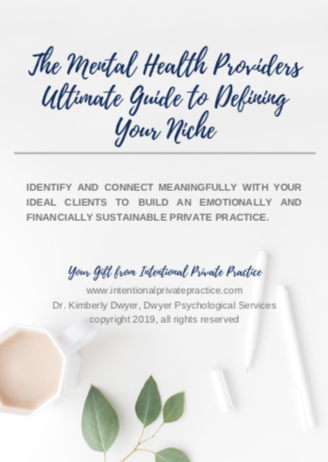Failure. The word alone may have just spiked your stress response. We like to succeed, don’t we? Close your eyes for a moment (after you read the rest of my sentence!) and imagine a life moment where you really learned something about yourself, about others, or about the world?
I’m betting my bottom dollar that for the majority of people, those experiences that you reflect on as the great teachers of life begin in failure.
I can personally think of multiple failures on my road to today. One of my (now) funniest failures is failing my driver’s road test. Yup. In my mid-40s, I’m willing to own that failure. At 16, not so much. It was probably one of the more embarrassing things I could ever imagine happening to me at that point in time. My poor dad had to drive me home from the test, witnessing my adolescent-hormone-infused tears and proclamations that I would “never drive a car again.” I clearly remember making that statement, and give my dad kudos for not challenging me on it but just listening calmly to my rants.
And what happened? I spent more time building confidence as a driver. My parents hired a professional teacher to give me more road experience. I did not fall to the bottom of the high school pecking order (in fact, in hindsight, I’m sure my failure really only mattered so much to me and was just a passing chuckle for others). I re-tested about a month or so later and passed. I now drive my kids everywhere (sigh… maybe “never driving a car again” should have been a motto to stick to and not a quickly thrown away ultimatum). I learned that not everything we want comes to us on our timeline, that I can pick myself up from what seems like the very bottom and keep going, and that maybe there was some divine plan in that failure (I am sure I was not ready to drive, and failing that test may have kept me out of harm’s way).
Failing the driver’s test is only the first in a string of what I think of as my ultimate failures. Not getting my first choice college acceptance, not getting that job I so very wanted straight out of college, not placing in the psychology internship I wanted and having to beg, barter, and steal to find a placement in the same town as my husband’s placement, the first “real” professional job that I had and initially hated… What did those “failures” get me? Going to a different college where I met my soul mate, pursuing psychology as a career as opposed to occupational therapy, falling in love with an area of the country that I never imagined myself living in, and learning about a different aspect of psychology that ultimately led me to a niche practice. Life is pretty good for me right now, thanks to these failures.
And the one thing that was a constant for me through all of these challenging times is the people in my life that supported me. Decades later, the sting of the failures is gone, but the compassion I felt from the people around me remains strong. It truly does take darkness to see the stars.
If you have a younger child who has recently learned to read, you may have heard of the concept of the Zone of Proximal Development, or the ZPD. The ZPD is the “reading zone” where a child is challenged just enough that they make progress, but not so much that they are overwhelmed and lose interest. Read a book that’s too easy and you don’t learn. Read a book that is too hard and you also don’t learn, and may have a child who gives up. Read a “just right” book and you have some challenging words, but enough understanding that you can use context to help with decoding the tough words.
What’s the ZPD of your life? Where do you have to live to take enough risks that you grow, but not so many risks that you are overwhelmed and want to just curl up in bed and lick your wounds? Sure, we all love periods of time with little challenge (I’m in fact craving one right now… it’s why we take vacations). But think how stale life would become if you had no challenge, no raison d’être, no opportunities to stretch that highly developed problem solving muscle: your brain. You’d be bored, and boredom is not usually something people want to feel. Lie on a beach for a week and snap your fingers for a margarita? Sure, sign me up. Do the same for a few years with nothing else to do? I think I’d be crawling out of my skin.
The next time an unexpected “failure” comes your way, I’m challenging you to find the opportunity in it. Take a moment to lick the wounds and honor the loss of whatever outcome you were anticipating. Then allow yourself to open to opportunity, to learn more about yourself and others, and to embrace the new path upon which you will embark.
720-440-3233
drkimdwyer@gmail.com


